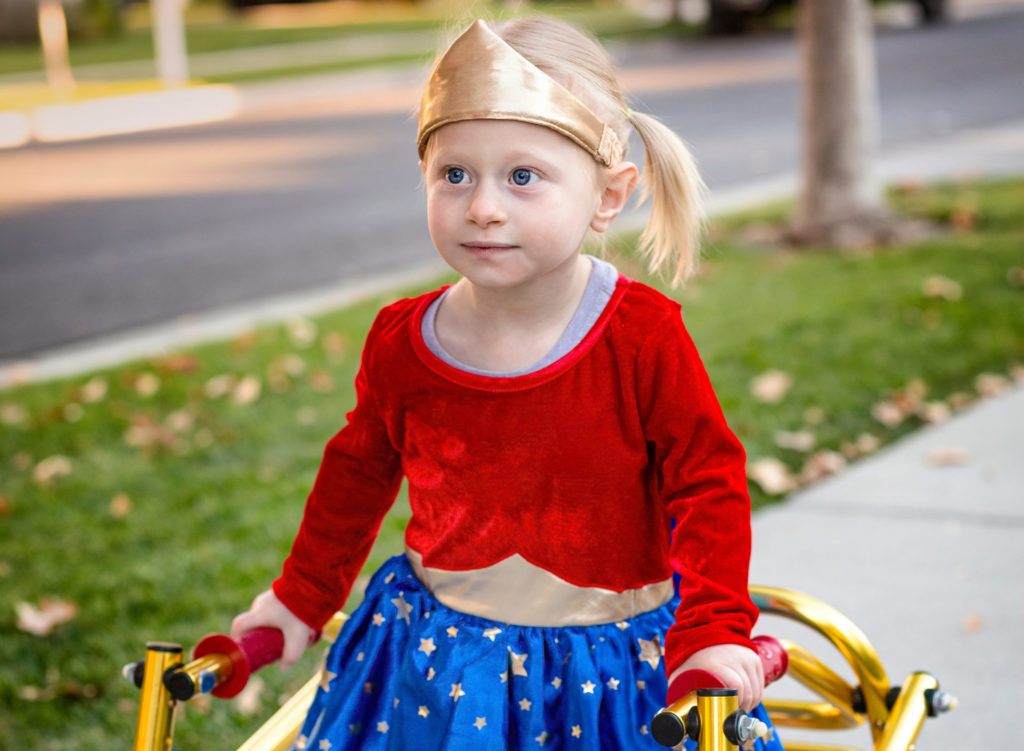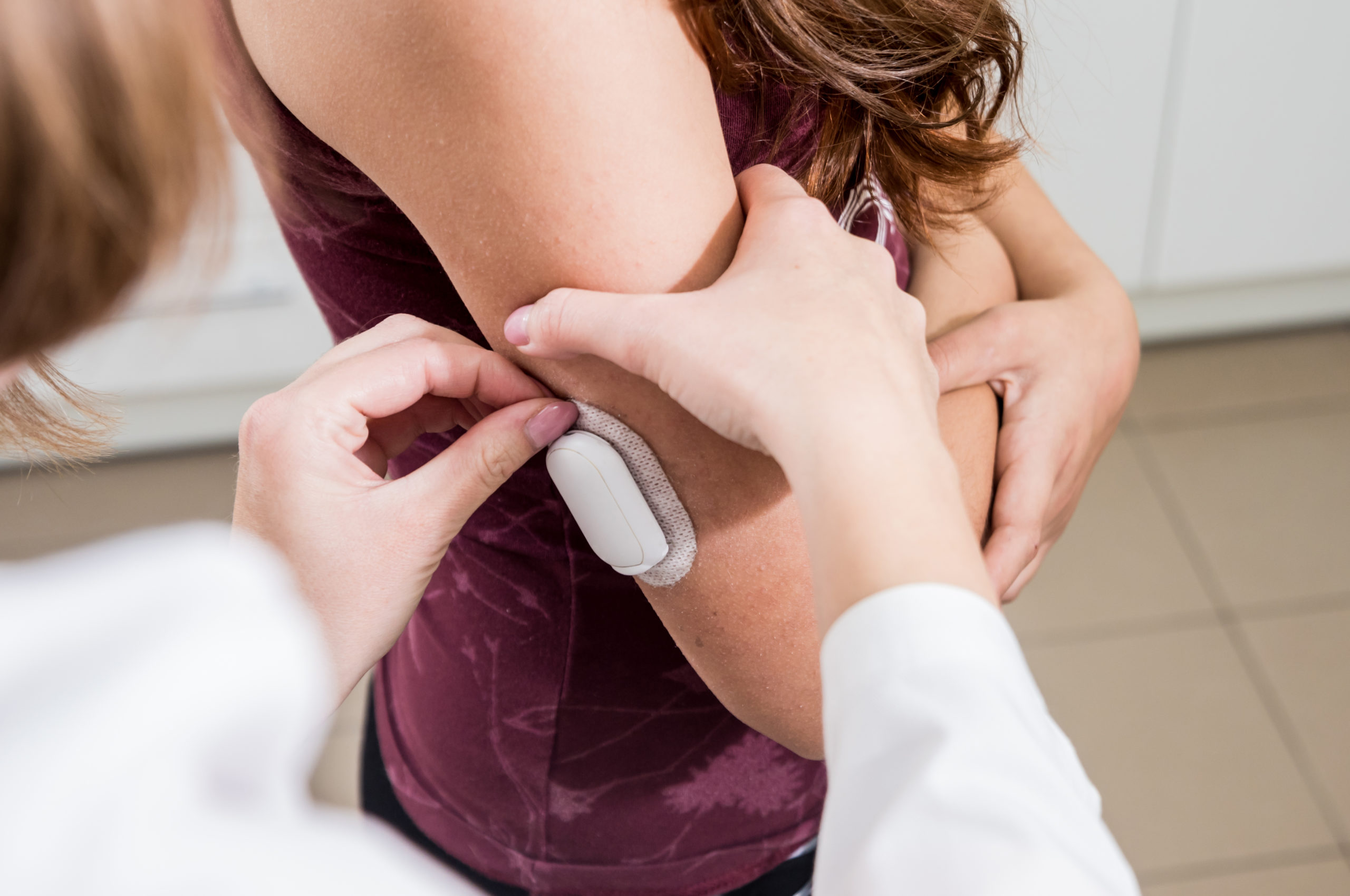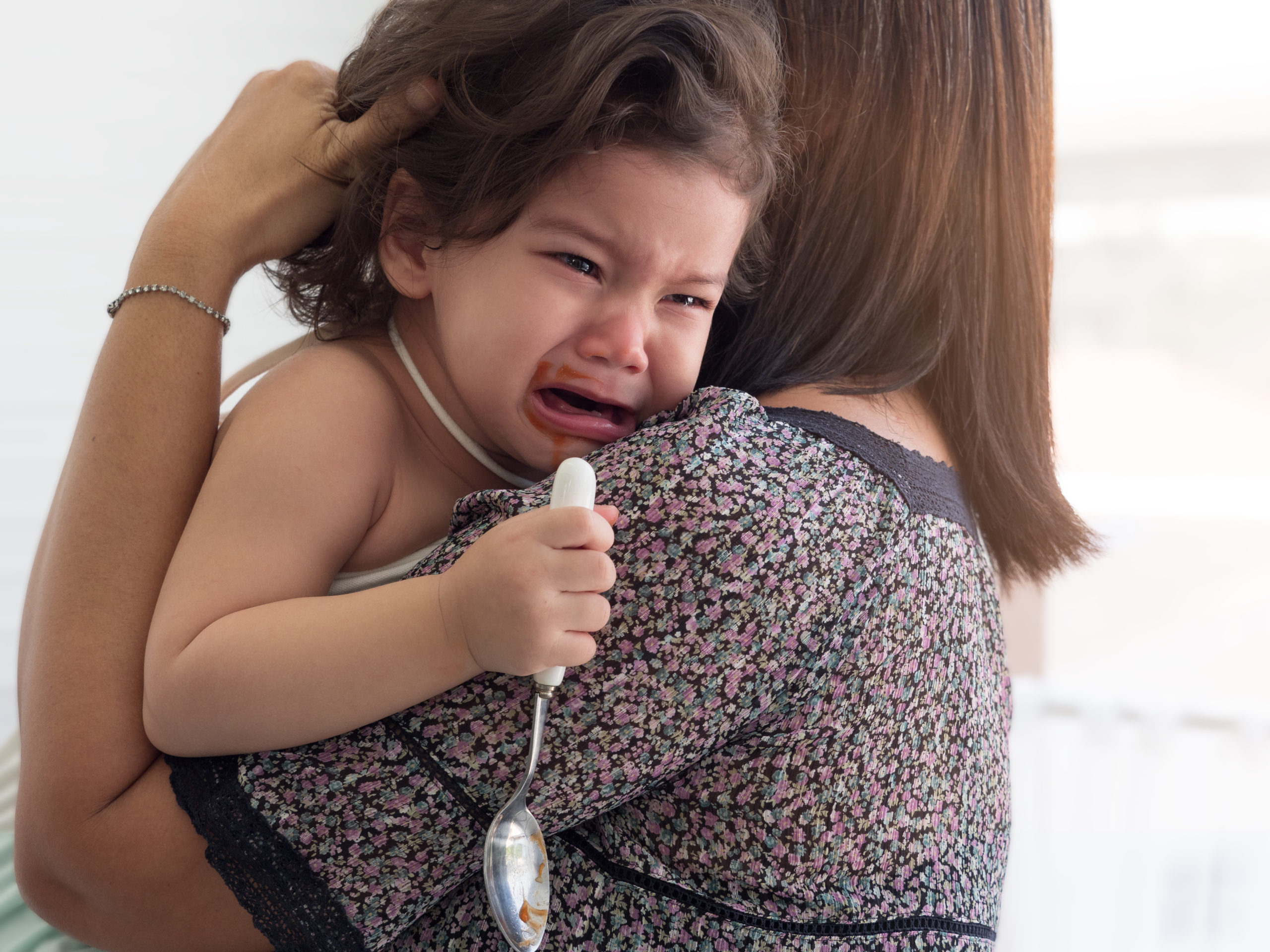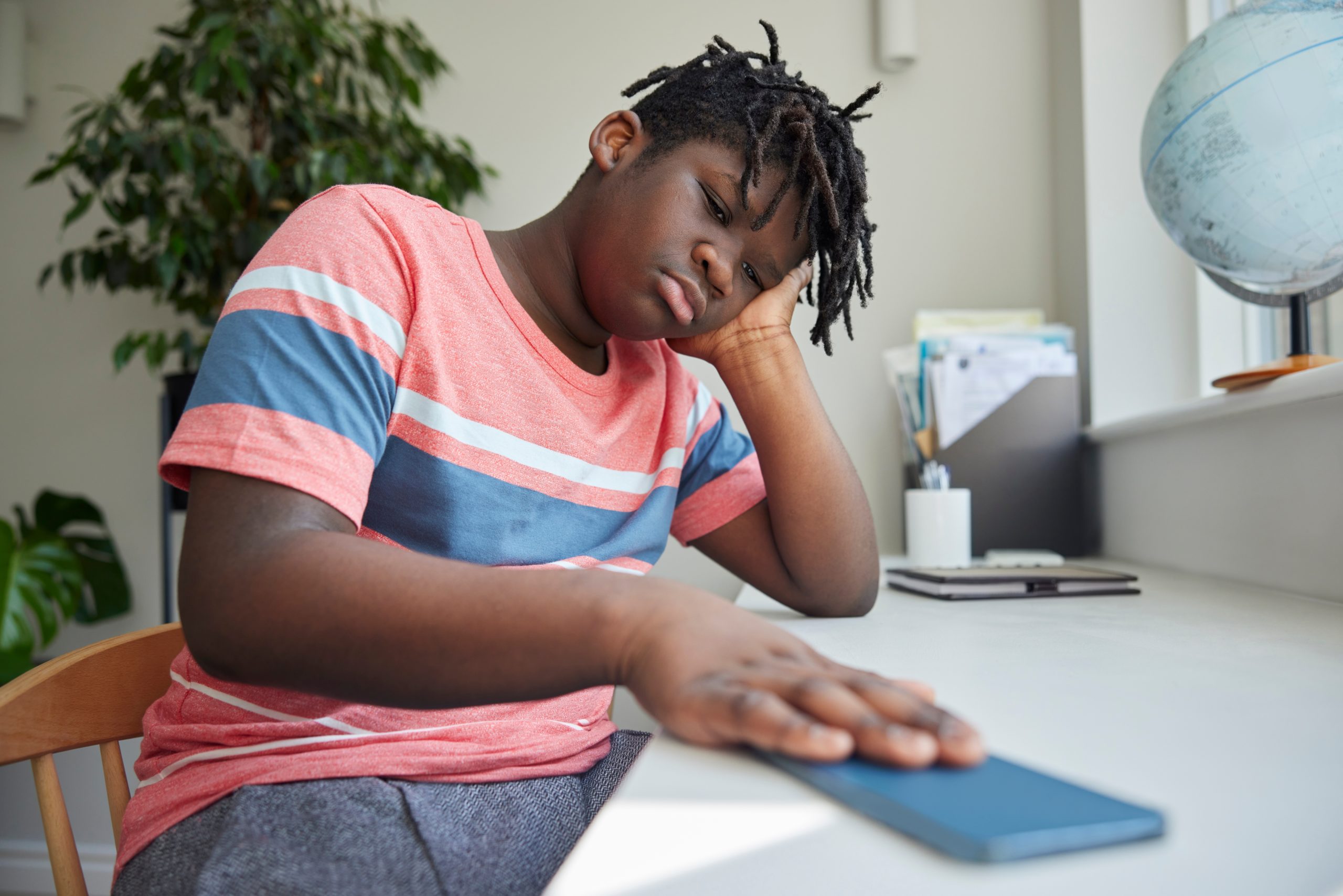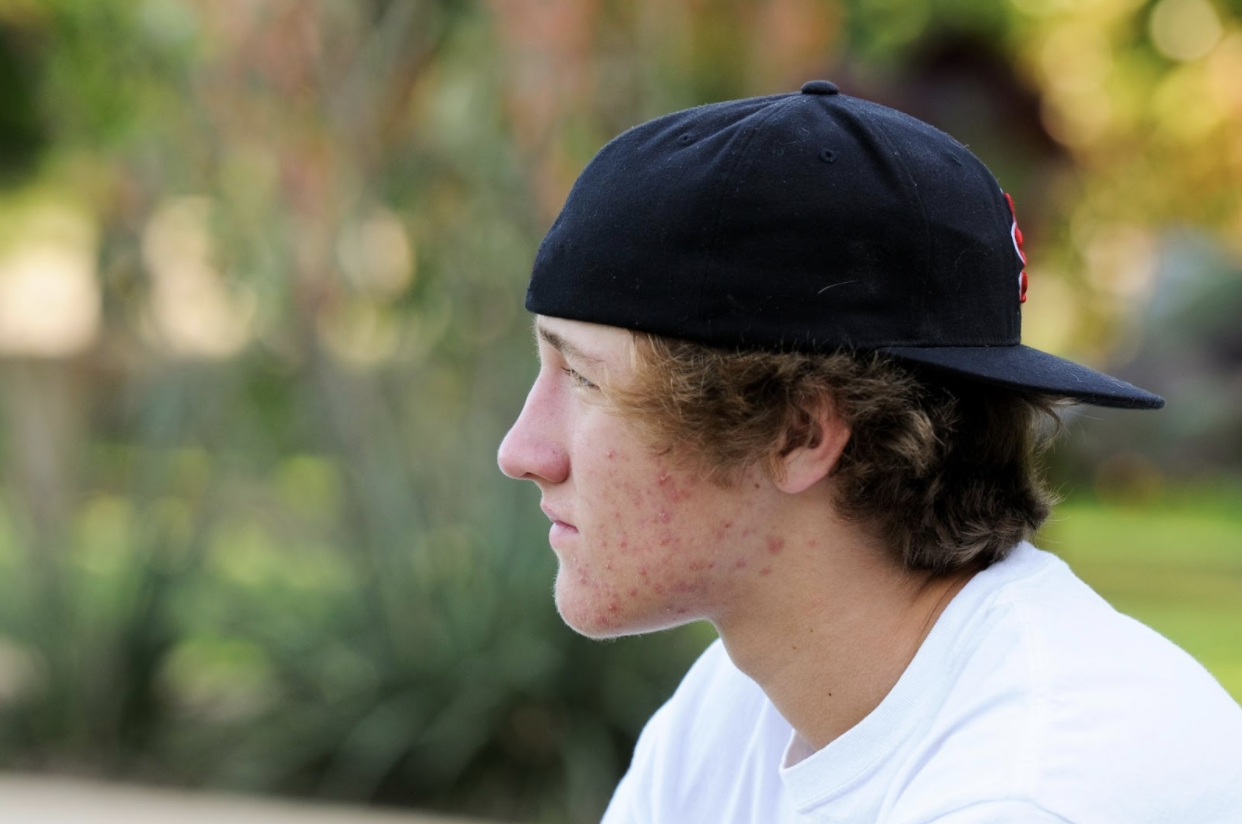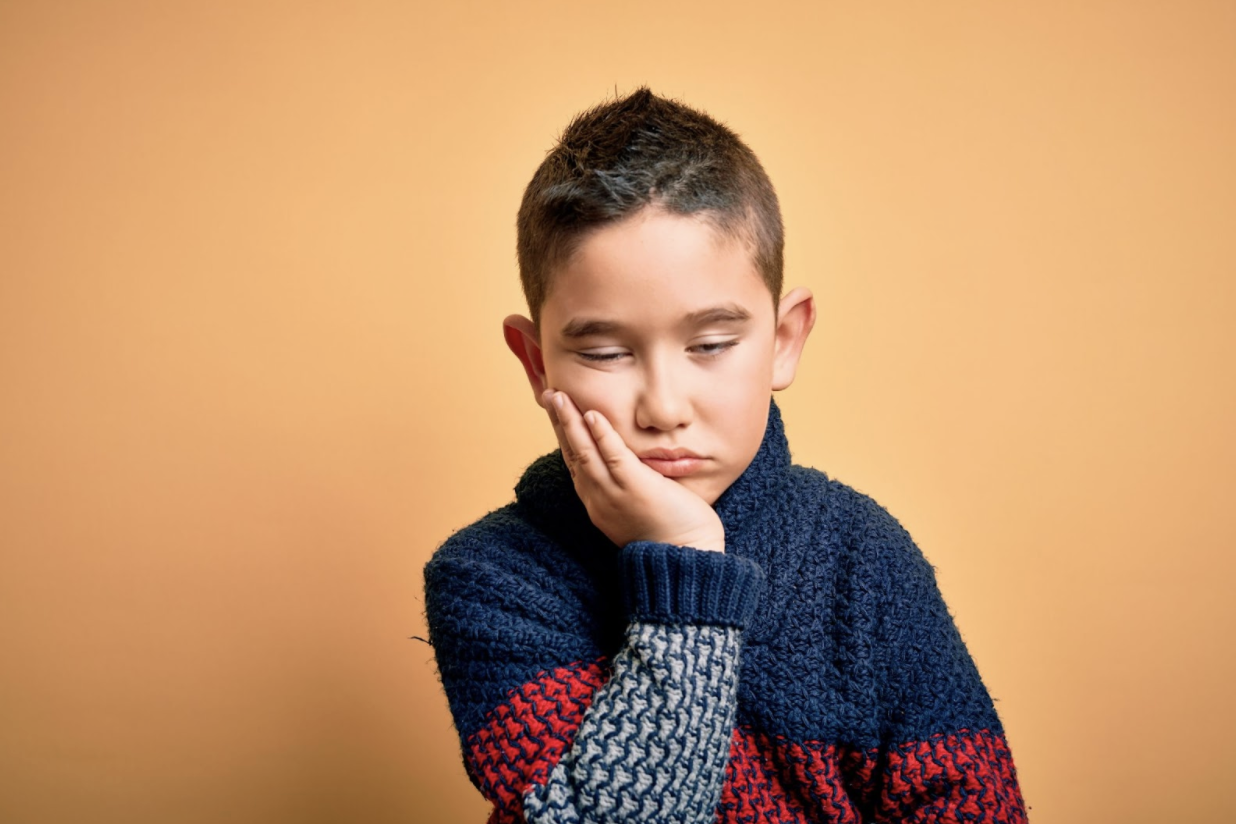Part of our mission at Thrive Pediatrics is to advocate for and support families impacted by disability and chronic health conditions. We take great pride in working closely with families living with severe food allergies, asthma, vision impairments, physical disabilities, Autism Spectrum Disorder, Sensory Processing Disorder, Attention Deficit Hyperactivity Disorder, and more.
With this in mind, we asked Jaimie Valentini, Executive Director and founder of Rising Lights Project, to give us her thoughts on simple ways to help special families feel more included in Halloween activities. Rising Lights Project is a local non-profit that hosts regular inclusive events for special families and is dedicated to creating environments for individuals impacted by disability to learn, laugh, thrive, and engage with the Fox Valley Community.
“For most families impacted by disability, Halloween can be extremely overwhelming. Every child impacted by disability has his/her own obstacles, so depending on the disability, everyone’s experience can be quite different,” Jaimie said.
She went on to explain Halloween for children on the Autism spectrum can be uniquely challenging. The day is full of things we taste, smell, see, touch, and hear, but it all can be overwhelming for those on the spectrum.
“Most children on the spectrum thrive with schedules and routines that are known,” she said. “Surprises, or anything unpredictable can cause feelings of anxiety. With the constant chaos of Halloween (doorbells ringing, strangers at the door, meeting new people, and the variety of costumes) their day can be inconsistent, overstimulating, and can lead to feelings of distress. Halloween is also a very social event, requiring a set of skills that can be difficult for some on the spectrum.”
As for children or adolescents with a physical disability, Jaimie adds trick-or-treating can feel very challenging if not altogether impossible. Many houses in traditional neighborhoods have a stoop, making it impossible for a child in a wheelchair or walker to participate in the activity.
What are some common behaviors you might see a child with special needs display on Halloween? What should people look for and how can they be supportive?
Jaimie shared with us several cues to help you and your family recognize a trick-or-treater who might need some accommodations on Halloween:
- The child hesitates to come to the front door. This child might just be a little nervous about ringing your doorbell and interacting with a stranger. A supportive response would be to greet the child outside, or leave the treat on the front porch and close the door.
- The child doesn’t say “Trick-or-Treat” and/or “Thank You”. This child might be nonverbal or have other ways of communicating. A supportive response would be to offer a friendly smile and say Trick-or-Treat to them.
- The child takes a large handful of candy. This child might struggle with the traditional behaviors of trick-or-treating. A supportive response would be to offer a friendly smile, wave to the parents, and understand that trick-or-treating can be overwhelming and exhausting for many families impacted by disability.
- The child doesn’t take any candy. This child might struggle with arm strength and/or upper mobility. A supportive response would be to simply put a treat in their bag or give one to a parent.
- The child covers his/her ears. This child might be over-stimulated and overwhelmed with trick-or-treating. A supportive response would be to smile and kindly put a treat in his/her bag.
What are a few simple ways you can help special needs families feel included in Halloween activities including trick or treating?
“There are many easy ways to make trick- or-treating a positive experience for children of all abilities!” Jaimie said. “Last year during the pandemic, as families were thinking out of the box about passing out candy, we noticed more accessibility than ever.”
Here are some of her simple tips:
- Make it accessible– if your front door isn’t wheelchair friendly set up a table and pass out candy from your driveway. This option allows everyone to visit your house and takes away some of the anxieties associated with knocking on the door.
- Make it safe– join the Teal Pumpkin Project by purchasing a teal pumpkin for your front porch. This inexpensive pumpkin communicates that you have non-food treats for those with food allergies. Tatoos, sticks, glow sticks and pencils are always popular!
- Be friendly– offer a smile, and say “trick-or-treat” instead of requesting that the child does.
- Limit the options– if you notice a trick-or-treater struggling to pick out a piece of candy- provide a piece for them. Some children struggle with traditional trick-or-treating behaviors, so take away the guesswork and pass it out.
- Be understanding– costumes are not for everyone! Sometimes they are uncomfortable and feel weird. Some children do not like to dress up for Halloween and that is okay!
- Be an advocate– we all live in neighborhoods impacted by disability. Talk with your neighbors and make sure that your block is creating an experience that is mindful of all children.
- Make sure everyone’s included– some families choose not to trick-or-treat because it’s too difficult and not safe for their child. If you have a neighbor that can’t trick-or-treat because of the risk, bring a goodie bag to their front porch.
Thrive Pediatrics is excited to be a sponsor for Rising Lights Halloween Trunk-or-Treat happening on October 30 from 11 AM-1 PM. All are welcome to this inclusive, accessible event. Remember, that disability doesn’t just impact the individual. It impacts the health and wellness of the whole family, the home environment, and the way a family or individual feels about their community.
So always do your best to be supportive however you can, and be a light to those impacted by disability.
You can learn more about Rising Lights Project here, and be sure to follow them on Instagram and Facebook. You can also visit our services page to learn more about how Thrive Pediatrics supports families impacted by chronic health conditions.
